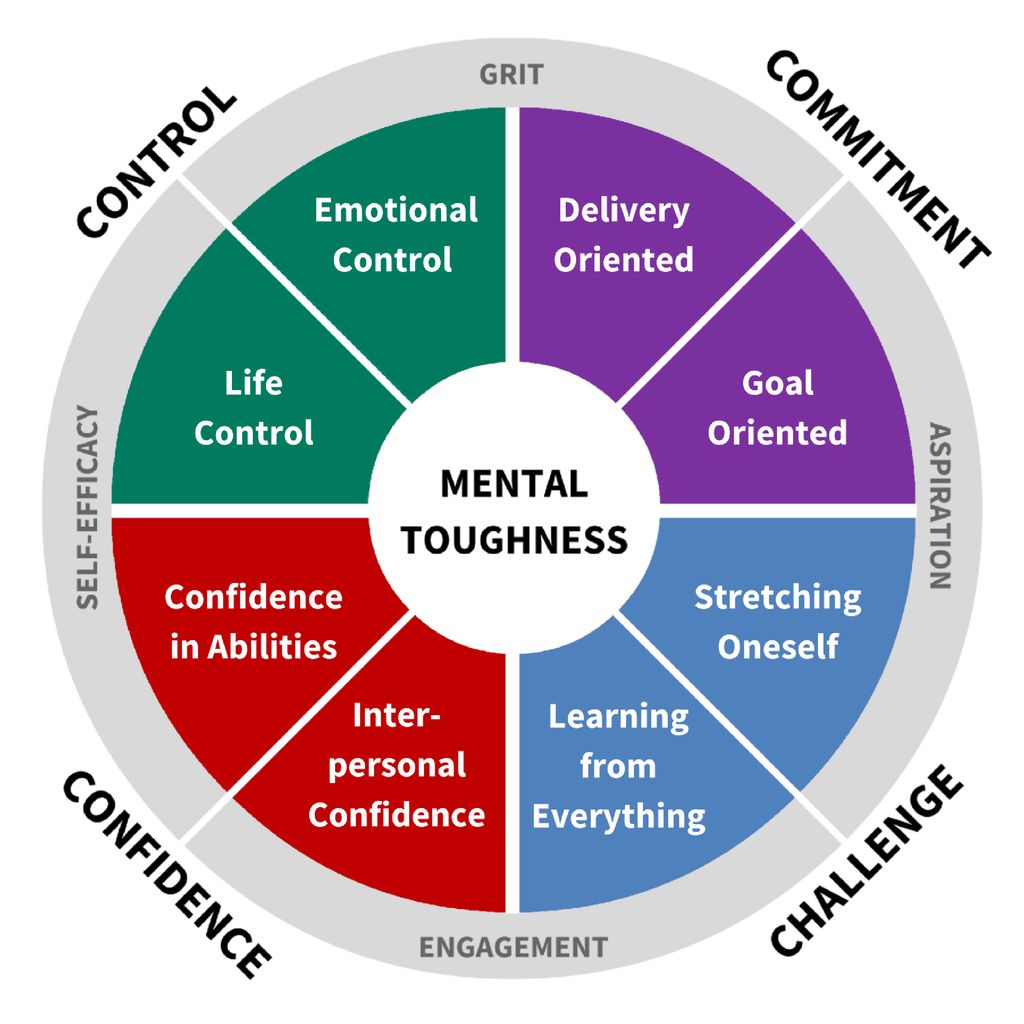Mental toughness Strategies for Ultra-Distance Cyclists
Cycling ultra-distances requires more than just physical strength; it demands mental resilience. Cyclists often face daunting challenges, requiring an endurance mindset to tackle long rides. Understanding mental toughness strategies can significantly enhance cycling performance. Different aspects, such as cycling performance metrics and bike maintenance tips, play a crucial role. Learning and implementing these strategies can transform a cyclist’s journey, making it more enjoyable and rewarding.
Training Techniques for Cyclists
Endurance Mindset and Focus Techniques
Developing an endurance mindset is crucial for ultra-distance cycling. Focus techniques like setting small, attainable goals during a ride can help maintain concentration and ensure progress. Cyclists should practice mental resilience by continually challenging their limits.
Mental Resilience and Stress Management
Stress management is another vital component. Cyclists can use deep breathing exercises or mindfulness techniques to stay calm. Visualization exercises, where one imagines successfully completing the ride, can enhance motivation and reduce anxiety.
Best Nutrition Practices for Cyclists
Motivation Enhancement Through Nutrition
Nutrition plays a critical role in mental toughness. Consuming the right balance of carbohydrates, proteins, and fats fuels not only the body but also the mind. A steady supply of nutrients can boost motivation, helping cyclists maintain mental stamina during long rides.
Using Recovery Strategies for Mental Fortitude
Post-ride recovery is equally important. It involves both physical rest and mental relaxation. Journaling experiences or practicing yoga can aid in recovering mentally, which is crucial for maintaining long-term resilience and focus.

Cycling Safety Tips
Positive Self-Talk and Emotional Regulation
Safety is paramount in cycling. Positive self-talk can improve confidence and emotional regulation, which are essential for handling unexpected situations. By reinforcing positive outcomes, cyclists can better navigate challenges securely.
Cognitive Strategies and Adaptive Thinking
Adaptive thinking helps in adjusting plans mid-ride. cognitive strategies, such as rehearsing different scenarios and responses, prepare cyclists for various environments, enhancing their confidence and safety on the road.
How to Choose the Right Cycling Gear
Mental Preparation and Equipment
Choosing the right cycling gear goes beyond comfort. It’s part of mental preparation. The right equipment, from bikes to helmets, influences the rider’s mindset. Cyclists should select gear that complements their style and enhances performance, providing peace of mind.
Pain Management Techniques
Long rides often entail discomfort. Effective pain management strategies include stretches and the correct use of cycling gear to prevent strain. Cyclists should also train to endure discomfort with perseverance, reinforcing their Mental toughness.
Cycling Cadence and Performance Metrics
Goal Setting and Concentration Improvement
Setting goals related to cycling cadence and performance metrics enhances focus. Cyclists can monitor metrics like heart rate and power output, using data to refine their techniques. Concentration improvement leads to consistent performance and boosts mental durability.

Cycling Fitness and Mental Stamina
Tracking improvements in cycling fitness is motivating. Watching progress, such as increased VO2 max or better cadence, can bolster mental stamina, encouraging cyclists to push further in ultra-distance challenges.
Advanced Techniques for Ultra-Distance Cycling
Power-Based Training and Mental Fortitude Training
Power-based training is an advanced technique that helps in building mental fortitude. By focusing on power output rather than just speed or distance, cyclists can better self-regulate effort levels, enhancing endurance through sustained mental focus.
Interval Training for Cycling and Self-Awareness
Interval training not only boosts fitness but also enhances self-awareness. It teaches cyclists to recognize their physical and mental thresholds, allowing them to develop adaptive thinking strategies for improving performance.
Data, Metrics, and Studies
Using Data to Improve Performance
Utilizing data enhances preparation and mental strategies. For example, studies have shown that cyclists using power meters improve their performance awareness by up to 17%. Understanding metrics like VO2 max can guide cyclists in developing more effective training regimens, improving both physical and mental outcomes.
Benefits of Visualization Exercises
Research supports visualization exercises as beneficial for cyclists. Visualizing success improves emotional regulation and boosts confidence. This strategy helps maintain motivation throughout long-distance rides.
User Intent and Benefits
How to Improve Endurance and Motivation
Cyclists aiming to improve endurance can benefit from an ongoing commitment to mental resilience training. Techniques such as positive self-talk and structured goal setting provide practical applications for sustaining motivation over long rides.
Optimizing Cycling Workouts with Mental Strategies
Integrating mental toughness strategies into regular workouts guarantees significant progress. They optimize both the cognitive and physical aspects of cycling, ensuring balanced development and readiness for ultra-distances.
Conclusion
Implementing mental toughness strategies for ultra-distance can greatly enhance cycling performance. Adopting these methods strengthens both mind and body, leading to consistent improvements and a fulfilling cycling experience. Embracing the journey, cyclists are encouraged to explore these strategies and share their progress in comments, fostering a community of motivated riders.
FAQs
Why is mental toughness important for ultra-distance cycling?
Mental toughness helps cyclists endure long distances by enhancing their ability to focus, manage pain, and maintain motivation.
What are some effective mental toughness techniques for cyclists?
Key techniques include visualization exercises, positive self-talk, and goal setting, all of which support mental resilience and focus.
How can visualization improve cycling performance?
Visualization helps cyclists mentally prepare for challenges, boosting confidence and ensuring better emotional regulation during rides.
How does nutrition affect mental toughness in cycling?
Proper nutrition sustains physical and mental energy, which is crucial for maintaining endurance and motivation on long rides.
What role does recovery play in mental toughness?
Recovery strategies are vital for mental relaxation, helping cyclists maintain long-term focus and motivation.






